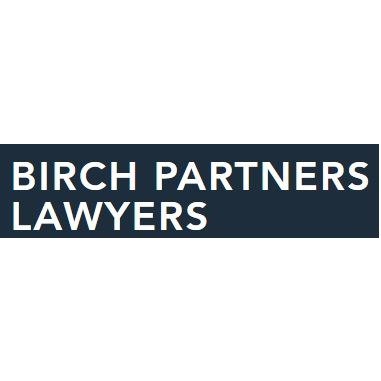Best New Business Formation Lawyers in Hurstville
Share your needs with us, get contacted by law firms.
Free. Takes 2 min.
List of the best lawyers in Hurstville, Australia
Australia New Business Formation Legal Articles
Browse our 1 legal article about New Business Formation in Australia written by expert lawyers.
- How to Start a Business in Australia: A Simple Guide and How a Lawyer Can Help
- Australia is known for its vibrant economy, supportive government policies, and high quality of life, making it an attractive destination for entrepreneurs looking to start a business. Whether you're launching a small local shop or a large-scale enterprise, Australia offers a range of opportunities for growth and success.However, starting a... Read more →
About New Business Formation Law in Hurstville, Australia
Starting a new business in Hurstville, Australia can be a different experience for everyone involved, especially when it comes to the legal facets. Legal aspects can involve choosing a suitable business structure (e.g., sole trader, partnership, company, and trust), complying with government tax obligations, understanding local zoning and trade regulations, and ensuring compliance with employment laws if you have employees. Knowing and understanding New Australia Business formation law is essential to the survival and success of any new business.
Why You May Need a Lawyer
Navigating the complexities of the legal system when you are starting a business can be a challenging task. A lawyer is required in most situations for guidance on legal structures suitable for your business, ensuring compliance with the tax obligations, drafting agreements and contracts, and protection against any potential legal disputes. Additionally, lawyers can help you understand your long-term legal necessities, including intellectual property protection, risk management strategies, and succession planning.
Local Laws Overview
In Hurstville, much like the rest of Australia, when you are forming a new business, you need to register your business with the Australian Government. Depending on your business structure, tax obligations will vary, and you may need to register for the Goods and Services Tax (GST). Additionally, Hurstville's local council laws may have restrictions on locations where businesses can operate, signage permissions, and specific trade regulations.
Frequently Asked Questions
What types of business structures are commonly used in Hurstville?
The commonly used business structures in Hurstville are sole trader, partnership, company, and trust. The choice depends on factors such as the size of your business, the level of control you want over the business, and the amount of risk you are prepared to take.
What are the tax obligations for a new business in Hurstville?
All businesses, irrespective of their structure, need to apply for an Australian Business Number (ABN) and register for Goods and Services Tax (GST) if their annual turnover is above a certain threshold. Parties to a business may also have to pay income tax and capital gains tax.
Can a lawyer help decide the business structure?
Yes, a lawyer can inform you about the pros and cons of each business structure and assist you in deciding the most suitable one for your business.
What local laws in Hurstville should a new business be aware of?
New businesses must comply with local council's laws regarding business trade, signage permissions, location permissions, and more. These laws vary by industry as well.
Do I need to register the business name in Hurstville?
Unless you are trading under your own name, you need to register your business name with the Australian Securities and Investments Commission (ASIC).
Additional Resources
For those seeking legal advice or resources for new business formations in Hurstville, the Hurstville City Council's website provides different resources. Further, the websites of Australian Securities and Investments Commission (ASIC), Australian Business Register, and Australian Taxation Office provide myriad resources to assist new businesses. Additionally, local law firms specializing in commercial law can also provide assistance.
Next Steps
If you need legal assistance for a new business formation, consult a lawyer who specializes in corporate law. They will understand your business requirements, help decide the most suitable business structure and assist in the business registration process. They can also guide you through understanding your tax responsibilities, drafting necessary agreements, and ensuring compliance with local laws.
Lawzana helps you find the best lawyers and law firms in Hurstville through a curated and pre-screened list of qualified legal professionals. Our platform offers rankings and detailed profiles of attorneys and law firms, allowing you to compare based on practice areas, including New Business Formation, experience, and client feedback.
Each profile includes a description of the firm's areas of practice, client reviews, team members and partners, year of establishment, spoken languages, office locations, contact information, social media presence, and any published articles or resources. Most firms on our platform speak English and are experienced in both local and international legal matters.
Get a quote from top-rated law firms in Hurstville, Australia — quickly, securely, and without unnecessary hassle.
Disclaimer:
The information provided on this page is for general informational purposes only and does not constitute legal advice. While we strive to ensure the accuracy and relevance of the content, legal information may change over time, and interpretations of the law can vary. You should always consult with a qualified legal professional for advice specific to your situation.
We disclaim all liability for actions taken or not taken based on the content of this page. If you believe any information is incorrect or outdated, please contact us, and we will review and update it where appropriate.









